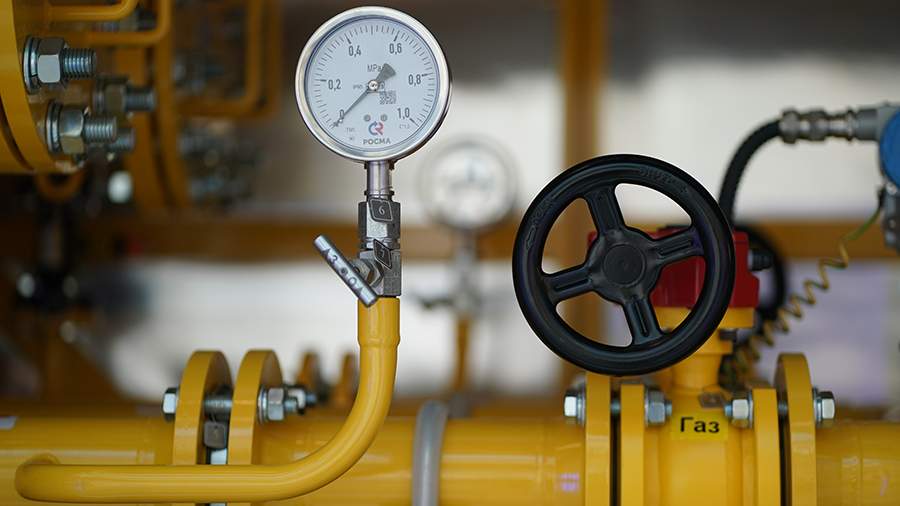Italy points to Europe's dependence on Russian gas

European Union (EU) countries need Russian gas, but resumption of its supply will be problematic due to the explosion of the Nord Stream gas pipeline. This was reported by the Italian publication iI Sussidiario on February 1.
"Ultimately, the EU needs Russian gas, and [Russian President Vladimir] Putin knows this as well as the Brussels government," the piece said.
The publication noted that Europe is now in an energy crisis due to the fact that it has been experiencing an alarming energy shortage for three years.
The newspaper also noted that a common and strategic agreement between the EU and Russia would be useful for both sides. And a possible agreement between Donald Trump and Vladimir Putin could result in Europe being "forced" to take back Russian gas, which would be a godsend rather than a disaster. Because the EU and Kiev are the most affected by the cessation of gas transit through Ukraine.
iI Sussidiario added that it would not be easy to resume gas supplies from Russia to European countries because of the undermining of Nord Streams.
Earlier on January 1, Russian energy company Gazprom said it had suspended gas supplies through Ukraine. On January 1, 2025 at 08:00 Moscow time, the agreement of December 30, 2019 between Gazprom and Naftogaz of Ukraine on gas transit through Ukraine, as well as between Gazprom and the Operator of the Gas Transmission System of Ukraine LLC expired.
Later, on January 30, the British newspaper The Financial Times reported that the European Union was discussing the resumption of gas supplies from Russia as part of the settlement of the conflict in Ukraine. According to the newspaper, the idea was supported by some officials from Germany, Hungary and other countries. Those in favor of the resumption of gas supplies from Russia believe that this will facilitate compliance with a possible agreement on the cessation of hostilities between Russia and Ukraine.
On January 31, Igor Yushkov, an expert at the Financial University under the Government of the Russian Federation and a leading analyst at the National Energy Security Fund, told Izvestia that the European Union's rejection of Russian energy resources has led to serious economic consequences, including rising energy prices and deindustrialization. On the same day, European Commission Chairwoman Ursula von der Leyen said that the rejection of Russian energy resources had cost Western countries dearly.
Prior to that, on January 27, the Italian edition of L'AntiDiplomatico reported that the European Union faced rising costs due to the refusal from Russian gas. According to the newspaper, Ukraine's decision to stop gas transit from Russia to Europe provoked a new energy crisis. On the same day, the head of EU diplomacy Kaja Kallas officially confirmed the extension of anti-Russian sanctions by six months. Hungarian Foreign Minister Péter Szijjártó added that the European Commission had given the country guarantees to "preserve the protection of oil supplies to the EU", which is a security issue for the entire European Union.
Переведено сервисом «Яндекс Переводчик»

